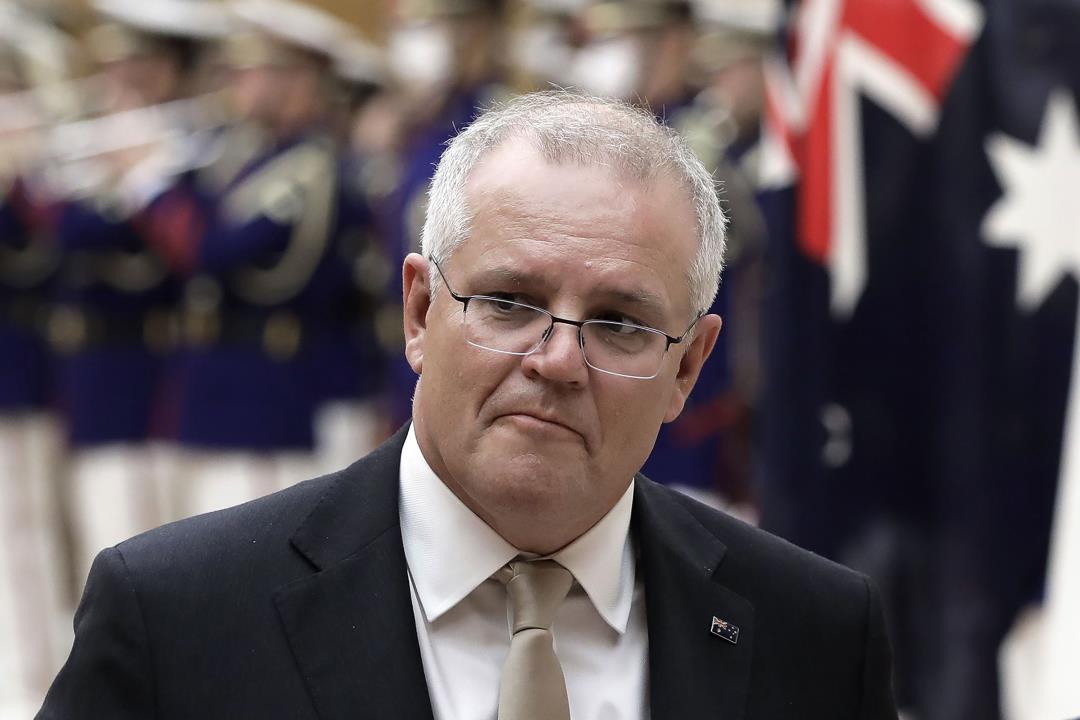
(Newser)
– Google on Friday threatened that its search engine would not be available in Australia if the government went ahead with plans to make tech giants pay for news content. Australian Prime Minister Scott Morrison responded quickly and said, “We are not responding to threats,” according to the AP. “Australia sets our rules on the things you can do in Australia,” Morrison told Brisbane reporters. “That’s done in our Parliament. It’s done by our government. And that’s how things work here in Australia.” The confrontation highlights Australia’s leading role in the global movement to backtrack against the large-scale influence of the American tech giants on the news business. Morrison’s comments came after Mel Silva, the managing director of Google Australia and New Zealand, told a Senate inquiry into the bill that the new rules would be unworkable.
“If this version of the code became law, it would give us no choice but to stop making Google search available in Australia,” Silva told senators. “And that would be a bad outcome not only for us, but also for the Australian people, the media diversity and the small businesses that use our products every day.” The government’s proposed code of conduct aims to get Google and Facebook to pay Australian media companies fairly for the use of news content that tech giants siphon off on news sites. Like many other countries, Google dominates Internet searches in Australia. Facebook also opposes the rules and has threatened to remove news from its site in Australia. Simon Milner, Facebook’s vice president, said the large volume of bids he would have to make would be unfeasible. (Read more Google stories.)